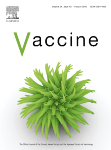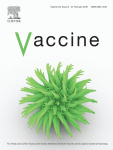 A journal is retracting a paper by scientists at the U.S. Department of Agriculture about a vaccine to protect fish from a deadly bacterial infection, after an investigation found evidence of data manipulation.
A journal is retracting a paper by scientists at the U.S. Department of Agriculture about a vaccine to protect fish from a deadly bacterial infection, after an investigation found evidence of data manipulation.
The retraction notice — which appears in the journal Vaccine — cites an investigation by the USDA. It also notes that the authors — who are no longer with the USDA — have not agreed to the retraction.
Here’s the retraction notice, issued on August 20: Continue reading USDA finds “evidence of manipulation” in vaccine study

